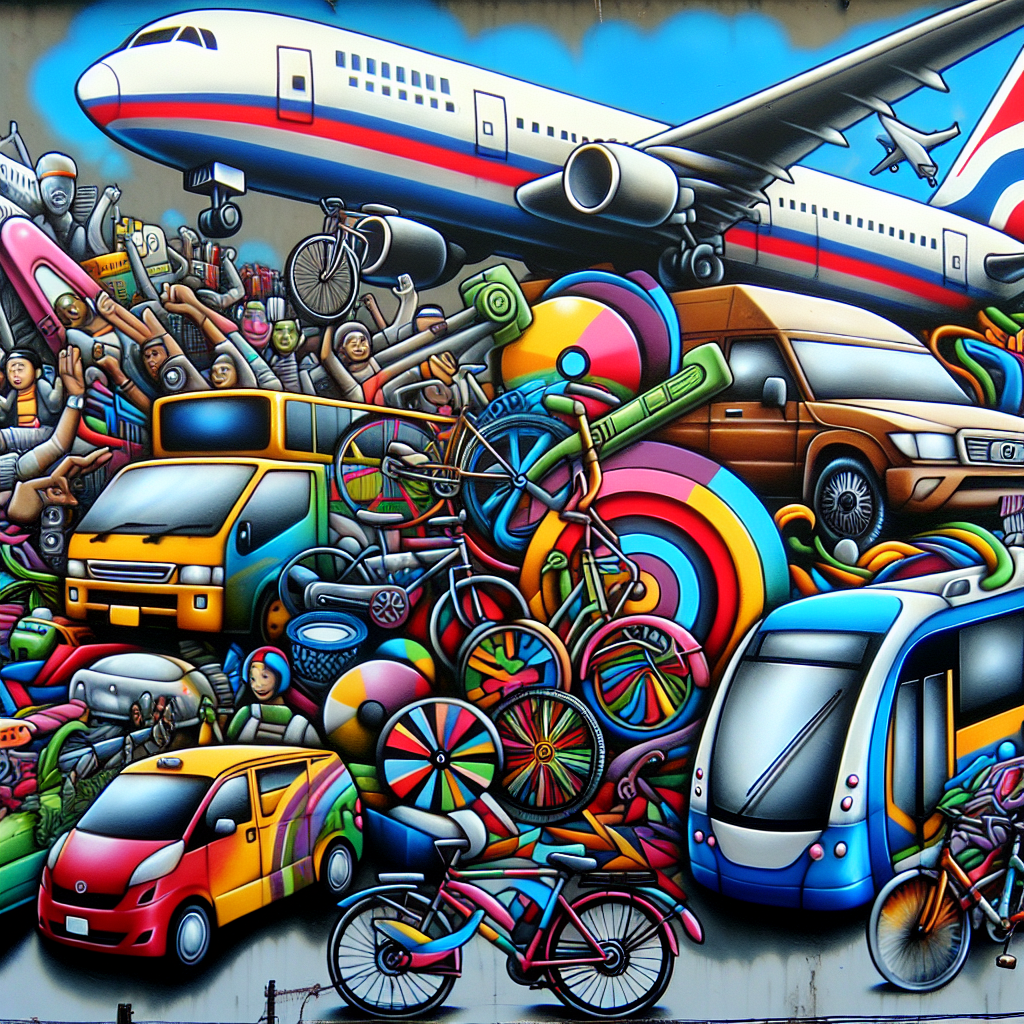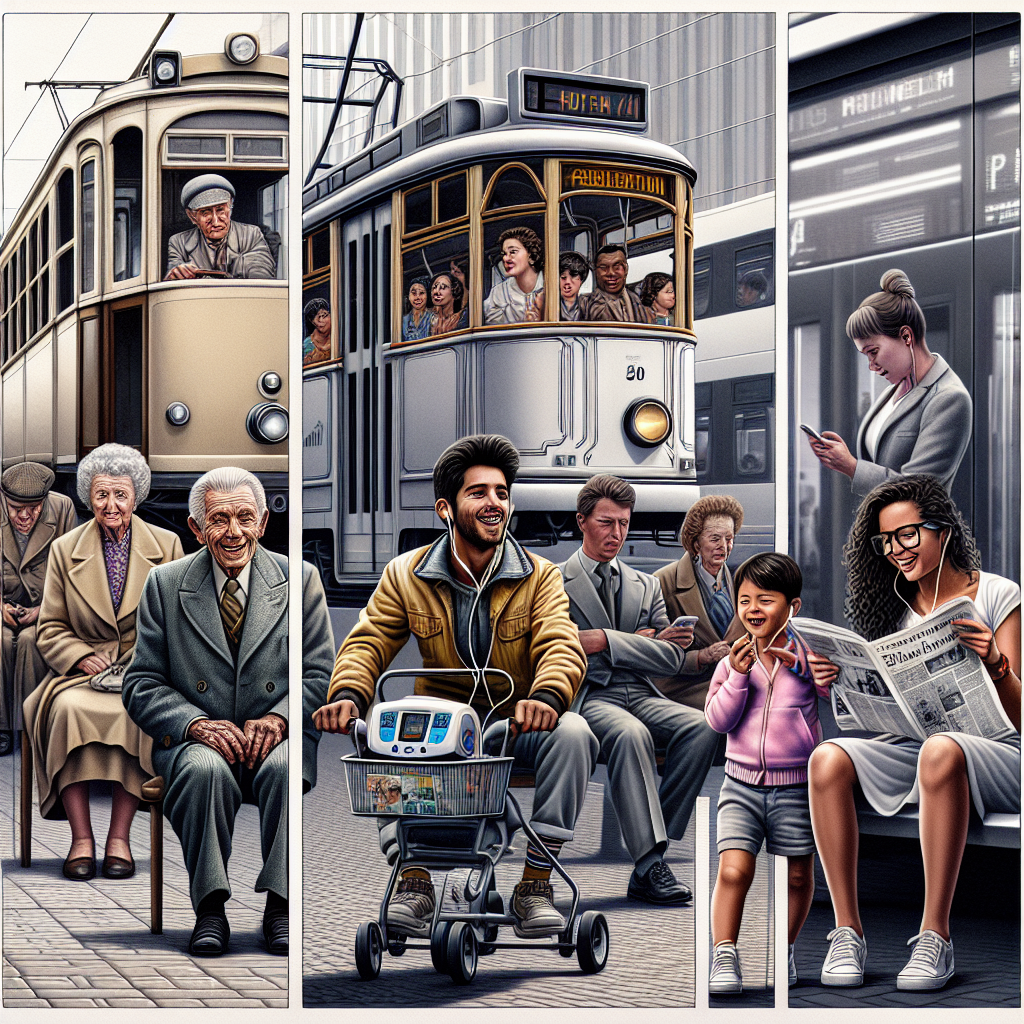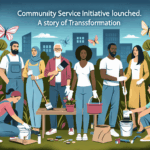In a riveting turn of events, ordinary people facing extraordinary circumstances have found themselves amidst an unexpected societal shift following the nation’s latest elections. The seismic aftershocks are set to profoundly reshape the political landscape of public transportation.
1. Cultural Phenomenon
The transportation revolution is no longer restricted to merely engines and tracks. It has become part of every citizen’s life – a cultural phenomenon that weaves itself into our day-to-day narrative. Efficient, well-planned transport influences not just commutes but also economic growth and social dynamics.

2. Historical Roots
The history of public transit traces back decades but has been heavily swayed by governing powers throughout time – each leaving their stamp on policy and direction.

An example was when green initiatives took precedence over car-dependent urban designs due to growing concerns about environmental conservationist movements in past elections.

3. Social Context

For many urban citizens, access to reliable public transportation isn’t simply convenient; it’s necessary for survival – connecting individuals with employment opportunities, education facilities, healthcare services and more.In this new socio-political climate created by the election results, we could see shifts that accommodate these needs on a larger scale.
4. Generational Impact
The Millennials and Generation Z have shown they lean towards pro-public transit policies, reflected in their voting patterns. They are environmentally conscious and value interconnected urban spaces.

These latest election results seem to echo their sentiments opening up possibilities for greater investments in sustainable transports like high-speed rails and electric buses.
5. Media Representation
The media’s portrayal of public transport has also significantly evolved to play a pivotal role in shaping opinions about it. From sources such as social media campaigns promoting car-free zones and news outlets highlighting success stories from cities with superior transit systems – the narrative around transportation is rapidly changing.This new political landscape promises more nuanced discussions on these platforms, encouraging broader perspectives on this vital social infrastructure.
6. Public Discourse

In town halls to online forums, dialogues surrounding efficient transit policies are gaining momentum.With the recent election results hinting at potential major overhauls, expect vibrant discourses emphasizing accessibility, affordability, safety and sustainability within our commuting networks.
7.Cultural Significance

8.Future Implications
The direction that this new political chapter may steer us towards is exciting yet fraught with challenges. Greater investments in public transit can stimulate job growth and reduce our carbon footprint.

9.Broader Trends
We’re seeing global trends lean towards sustainable mobility options like cycling tracks, trams and pedestrianized zones all playing major roles in successful cityscapes.The recent election results seem to be tuning into these broader trends which could invite more forward-thinking innovation onto our roads.
10.Cultural Evolution

In Conclusion: Community Response




